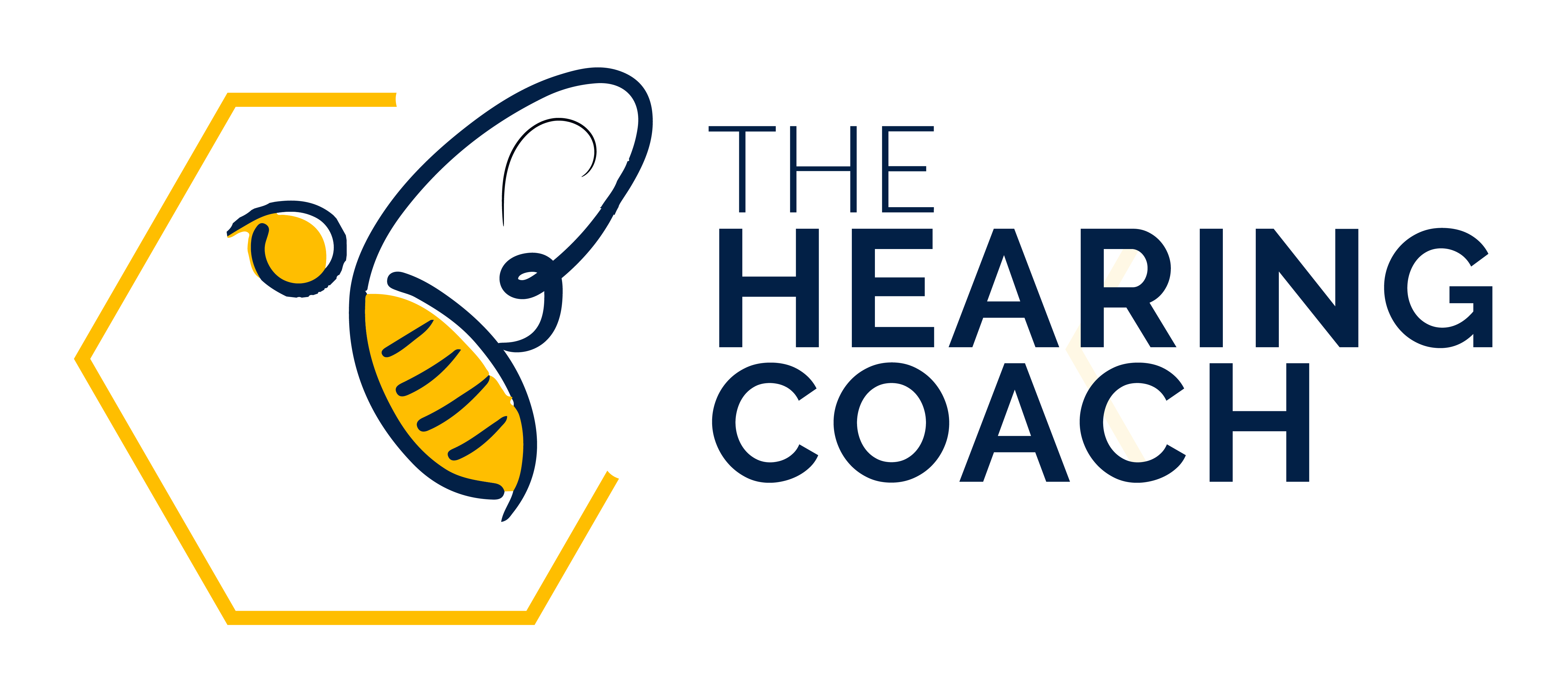Last Saturday I went to one of THE best gigs of my life. I saw a favourite band – Those Damm Crows –alongside 1499 other fans. I think we all knew every word to every song – and the volume of the sound in the venue reflected it.
The access section was just at the side of the stage, so we got sound coming at us from both the speakers at the stage and all the fans singing the lyrics behind us.
It was amazing!
It was intense!
It was damaging.
If you’ve followed me on Instagram or Facebook you’ll know I’m evangelical about using filtered earplugs at gigs. Last weekend I put them in for the support act (The Cruel Knives – check them out!) but started to feel pain in my ears. So I took them out between bands to give my ears a bit of relief. When Those Damn Crows came on stage I put them back in, but I was soon struggling with ear pain again. Then it was a bit like the hokey cokey! They were in, out, in, out. Eventually I was in so much pain I put the earplugs away.
I know.
As Cher sang: “If I could turn back time…”
If I could turn back time…I wouldn’t now have acoustic trauma
The result: I have an acoustic trauma. In a nutshell, acoustic trauma, is damage to your ears whether caused by long-term noise exposure (e.g. through work, the military or headphone use) or a short-term loud noise.
When we leave any noisy place with ringing ears we effectively have an acoustic trauma. For most of us it is temporary, and after a day or two of ringing or hissing we’re left with nothing but good memories. For those of us with tinnitus it can mean a couple of days of different sounds or increased volume, but then it returns to our baseline.
To be honest, it took me a while to realise that I have an acoustic trauma. My tinnitus was a little raised, but nothing concerning. I had started to notice that my jaw muscles were spasming, and there was a fullness in my ears. I simply wondered whether I’d been gritting my teeth while sleeping.
Then today while I was in the garden, my neighbour switched his powerful leaf blower on, and I cringed. My ears felt unbearably full of the sound. This was hyperacusis, also known as sound sensitivity. I could feel my heart racing and my breathing become shallow. My brain was interpreting the sound as danger, and my fight or flight instinct had well-and-truly kicked in.
My gut reaction was to head swiftly back inside and shut the door. But my thinking brain suggested I wait a minute. Was that the wisest move? I thought of my hyperacusis clients, and how easy it can be to create unhelpful habits when faced with sound that seems uncomfortably loud. It was a perfectly natural instinct for me to want to avoid the sound that distressed me. But at this time of year leaf blowers are everywhere! If I taught my brain now that leaf blowers had to be avoided I would be allowing my current sound sensitivity to dictate whether I could spend time in the garden, walk around my local streets, or visit my local park.
The leaf blowing wasn’t dangerous, it just felt dangerous. I decided to stay out in the garden for a few more minutes, just to see how I got on. I acknowledged that this felt uncomfortable, both physically and emotionally, and gave myself the option of escaping indoors if I was still struggling after 5 minutes.
It wasn’t long at all before my neighbour and his leaf blower had moved to the other side of the garden and the sound was much more manageable. My heart rate returned to normal, and my breathing deepened.
If I could turn back time…should I have left the best gig of my life?
Maybe I should have recognised that something just wasn’t right? Maybe I should have left the gig if I couldn’t wear my earplugs? Maybe I should have tried to wheel my way through a packed venue to the exit?
Who knows! I’m not going to tell you I don’t regret getting this acoustic trauma. But I am going to tell you I’m not going to beat myself up about it. The worst thing I could do would be get myself in a real state about my current situation. We all know that getting stressed and anxious does not help heal or improve anything.
I cannot control how my acoustic trauma plays out, so I’m not worrying about that. But I can control how I contribute to the healing of my acoustic trauma. I’ve cancelled a gig I was attending tonight, and I’m not listening to music for the next few days. I’m making sure I get decent sleep, and I’m boosting my regular mindfulness practices (which have been a huge help). That’s all I can do. And that, and time, I’m convinced will be enough.


